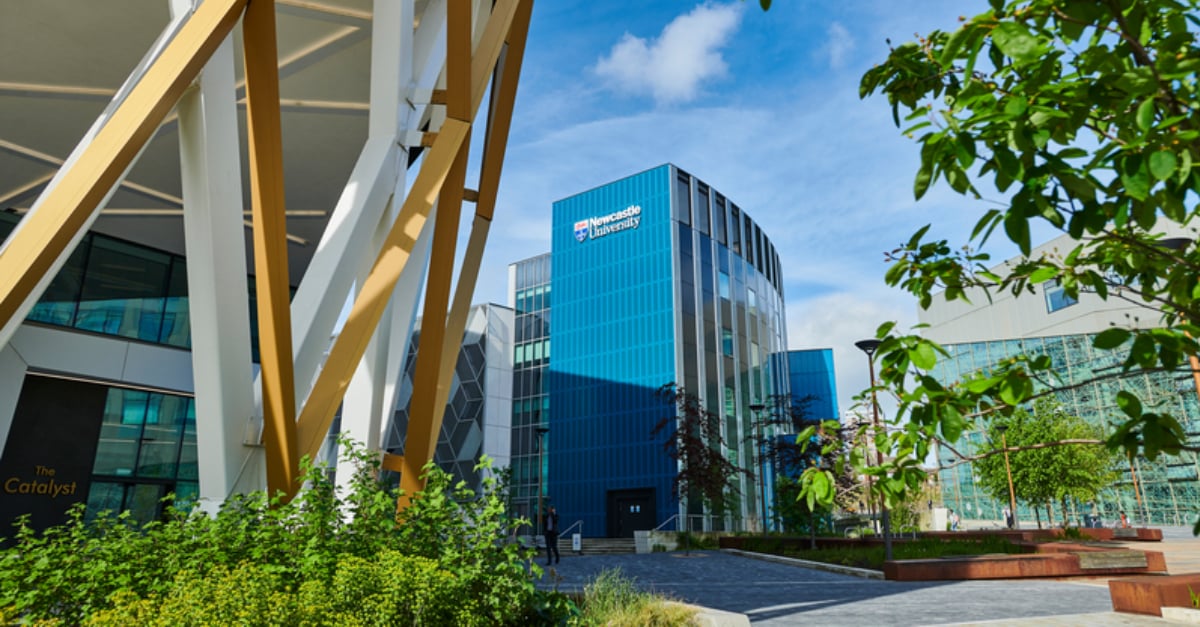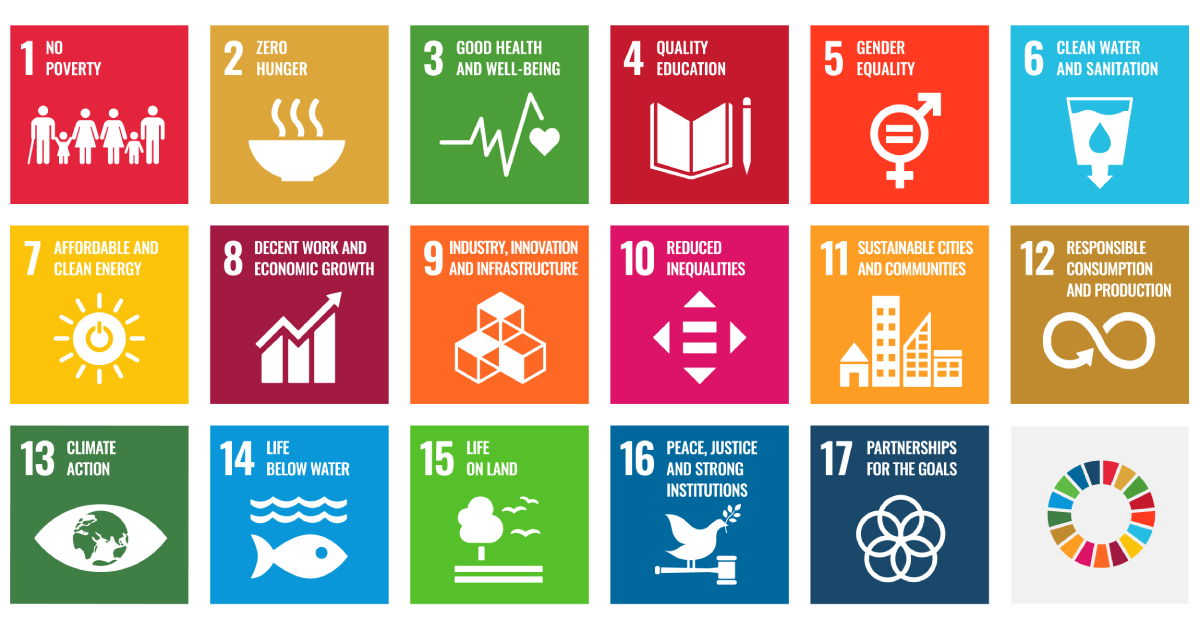This is how we're creating a sustainable university
22 January 2026 | By: Caroline Hardaker | 2 min read
Newcastle University is ranked joint 64th in the world out of almost 2,000 institutions in the latest QS World University Rankings: Sustainability (2026).
With high scores across the categories of Environmental Impact, Social Impact, and Governance, we're in the top 4% of institutions worldwide - a result consistent with last year's rankings (2025).
We're also ranked in the top 200 in the world out of 2,318 institutions in the THE Impact rankings, and in the top 25 for the UK.
Let's find out why, as we dig into what these rankings mean; why they’re important; what being a sustainable university involves; and how we're safeguarding the future of our planet.
Contents:
- What do the THE Impact Rankings measure?
- What do the QS World University Rankings: Sustainability measure?
- What are the UNSDGs?
- How is Newcastle University working towards the UNSDGs?
- How is Newcastle University taking climate action?
- How does this benefit students?
What do the QS World University Rankings: Sustainability measure?
These rankings assess universities across a range of measures, encompassing environmental impact, social impact, and governance associated with sustainability.
They look for evidence of work to solve climate issues and, similar to the THE Impact rankings, the impact across the United Nation's Sustainable Development Goals (UNSDGs).
What do the THE Impact Rankings measure?
The rankings assess universities across their research, stewardship, outreach and teaching against the UNSDGs.
These goals - 17 in total - are a call to action to end poverty, protect the planet and improve the lives and prospects of everyone, everywhere.
What are the UNSDGs?
The 17 goals were adopted by all UN member states in 2015 as part of the 2030 Agenda for Sustainable Development. The goals are:

How is Newcastle University working towards the UNSDGs?
Our action towards the UNSDGs includes:
- what and how we teach
- our research activity
- how we welcome and support our students and colleagues
- outreach to the local community
- environmental and energy improvements to our campus and operations
How is Newcastle University taking climate action?
We’re dedicated to being sustainable in everything we do.
We were the second UK university to declare a climate emergency. Through our Climate Action Plan we’re focusing on eight key themes: energy; carbon reduction; waste and recycling; water; biodiversity; travel; procurement and ethical investment.
We’ve already achieved a 49% reduction in carbon emissions from heating and powering our campus. Our work includes:
- installing a biofuel combined heat and power plant (CHP) – using greener biofuel to produce electricity while capturing waste heat to warm our buildings. The CHP will generate about 10% of the University’s power needs during the day and 25% overnight
- installing solar photovoltaic panels on campus buildings to reduce the energy we take from the National Grid by 1.8 million kWh a year
- reducing the energy we use by upgrading to LED internal lighting in high-use buildings
- reducing the energy consumption of our labs through the LEAF Laboratory Efficiency Assessment Framework
We’re also:
- managing our water consumption with daily monitoring
- reducing flood risk with sustainable roof drainage systems
- improving campus wildlife habitats – with wildflower planting, tree management, bat boxes and barns, and a safe environment for hedgehogs
- reducing and managing our waste in a sustainable way
How does this benefit students?
By embedding our commitment to sustainability in everything we do, our students learn about - and can contribute to - solutions for a fairer, stronger, more sustainable world.
Our Student Environment and Sustainability Committee will make your voice heard on the sustainability priorities that mean the most to you.
Student-led Sustainability Weeks, environmentally-focused student societies and volunteering opportunities, together with University-wide cycling schemes, waste recycling stations and many more initiatives, mean you can play your part.
Find out more:
- Read about the research that's helping safeguard our planet
- Discover how we’re working towards a more sustainable future.

We've been voted top in the UK for student life in the WhatUni Student Choice Awards 2025 - trusted recognition from real students.
